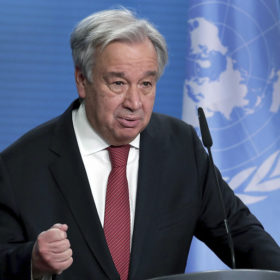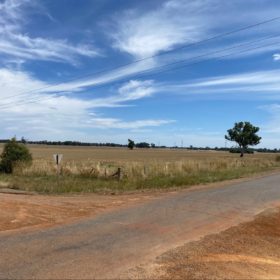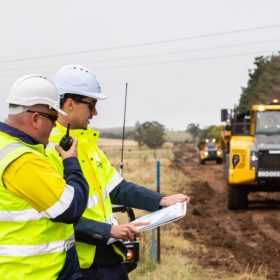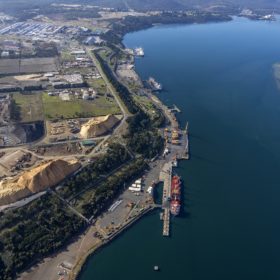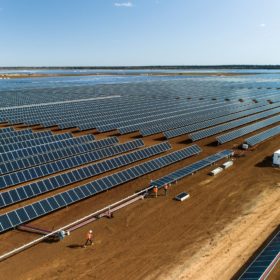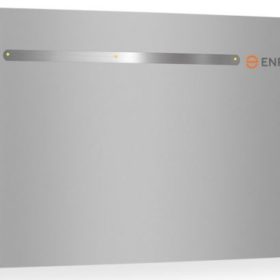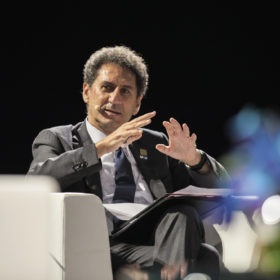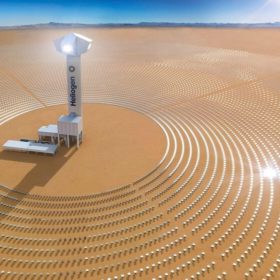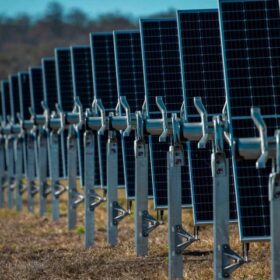Solar the energy workhorse in latest gloomy IPCC verdict
Photovoltaics can wipe out 4.25 billion tonnes of carbon emissions every year this decade, according to the UN Intergovernmental Panel on Climate Change. Even so, the actions announced so far remain way short of what is needed, with capital flows to fossil fuels still greater than the cash directed toward combating climate change.
Victorian solar farm reaches financial close thanks to superfund
The 7.5MW Cosgrove solar farm in central Victoria has reached financial close and will begin construction as soon as next month after its owners, Bison Energy, reached an agreement with an undisclosed Australian superannuation fund.
Australia’s largest hybrid solar + battery project hits ‘major milestone’
Australia’s largest hybrid solar and battery project, the New England Solar Farm & Battery Project in northern New South Wales, has reached a new milestone over the weekend following the delivery of the first of two massive 250 MVA transformers.
Brisbane startup aims to have green hydrogen plant in Bell Bay Tasmania producing by January
Queensland-based company Line Hydrogen is launching its inaugural $100 million green hydrogen project in the growing hub of Bell Bay in Tasmania’s north. With a solar offtake agreement in place, the startup is aiming to be in production within a year.
EPC giant warns of workforce shortage challenge for large-scale solar
Global renewables contracting giant Sterling and Wilson Solar has warned Australia’s large-scale solar PV industry faces a significant workforce shortage as the nation shifts away from fossil fuels towards renewable power.
Retail giants unite to secure renewable power deal with CleanCo
Retail giants Kmart, Bunnings, Target and Officeworks have signed a long-term power purchase agreement with Queensland government-owned generator CleanCo to provide the retailers with 100% renewable electricity at their sites across the state.
Enphase launches pilot to pay US solar customers for leasing batteries, sharing energy
Homeowners who participate in a new Enphase pilot project will connect their home batteries to the US grid, sharing energy through Green Mountain Power’s distribution system in exchange for financial incentives.
World will need 5.2TW of solar this decade to avoid climate breakdown
The International Renewable Energy Agency’s latest global outlook has spelled out just how ‘woefully’ far the world is from capping temperature rises at 1.5C, and lamented: ‘The stimulus and recovery efforts associated with the pandemic have also proved a missed opportunity.’
Woodside backs concentrated solar startup ahead of Australian tech push
Australian fossil fuels giant Woodside will invest in US-based concentrated solar startup Heliogen, supporting its construction of a full-scale concentrated solar thermal demonstration plant in California ahead of a push into Australia.
Construction begins on Facebook’s $120 million solar project
The 70MW project is under development by Silicon Ranch and was launched through utility Tennessee Valley Authority (TVA) Green Invest program. Plus, pv magazine examines the work of “Solar Protocol” to bring attention to the fact that the internet is not as ethereal as it seems.
